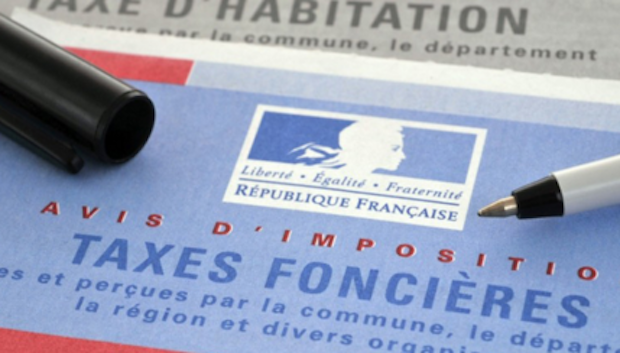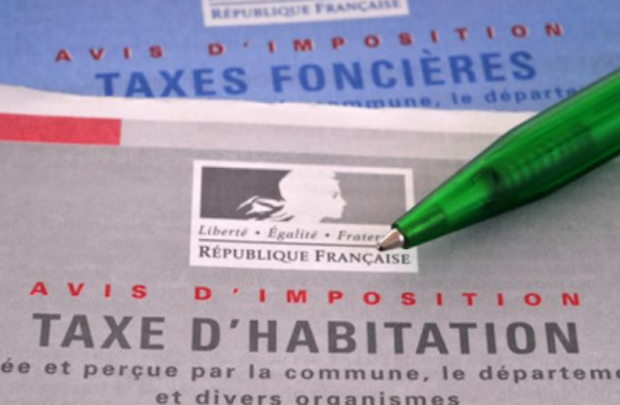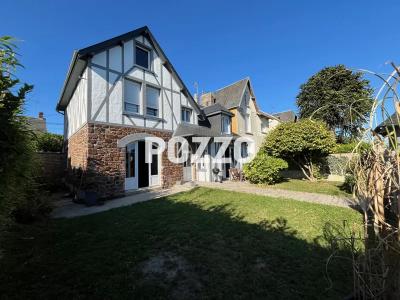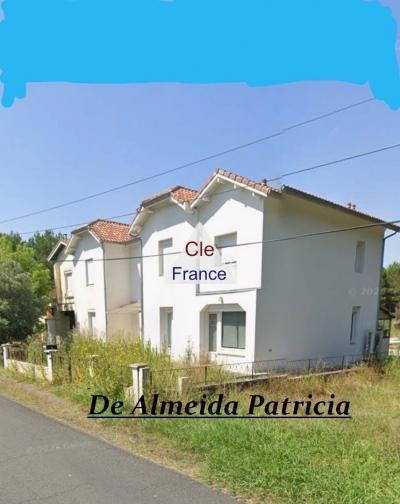There are two basic local property taxes in France which are, sort of, the equivalent to the UK council tax; only much cheaper of course, they are called Taxe foncière and Taxe d’Habitation
In brief the Taxe foncière is a land tax, and is paid by the owner of the property and the Taxe d’habitation is a residence tax. You have to pay this tax if you own a property and live in it yourself (or have it available for your use, or rent it out on short-term lets, basically if it is habitable and furnished rather than a renovation project). Where properties are rented out long-term [not just holiday letting], the tenant pays.
Both taxes apply to non-residents as well as residents, and are often higher on second / holiday homes than on main residences due to possible discounts on the main home.
Demands for both taxes are sent annually, the bills or avis d’impot start going out in September each year. The amount must be paid by a specified date, usually in October (taxe foncière) and November (taxe d’habitation) but vary from region to region. Failure to pay on time incurs a 10% penalty called a 'majoration' and these are imposed strictly so don't delay any payment and you cannot use 'La Poste never sent it to me in my country of residence' as an excuse.
Payments can be made by cheque, interbank payments, bank transfers or online. There is more time to pay online, the deadline is usually extended a few weeks later than for the paper version.

Taxe foncière
Taxe foncière tax is paid by the owner of the property, irrespective of who occupies it. The tax is divided into two parts: tax on buildings (taxe foncière sur les propriétés bấties) and tax on land (taxe foncière sur les propriétés non bâties). The latter is no longer levied locally and is levied nationally instead. The tax on buildings is paid on any property that is habitable, whether or not it is occupied.
If you sell a property part-way through the year the tax is apportioned by the notary dealing with the sale.
An exemption is available against the main home if the occupant is 75 or over (or in receipt of certain disability or old age allowances) as at 1st January of the relevant year, based on the level of taxable income in the previous year. The calculation, which also applies to the exemption for taxe d’habitation, depends on the number of “family quotient” (quotient familial) units available.
For the 2015 taxe foncière, the maximum income levels based on 2014 income is €10 686 for the first family quotient unit (so this is the limit for a single person), and then €2,853 for all extra half units.
Where the taxpayer is aged between 65 and 75 at 1st January and their taxable income falls below the above limits, a flat €100 discount is available against the taxe foncière payable on their main home (unless they share the house with anyone other than a spouse or dependant).
Exemptions and reliefs are available on land used for certain purposes such as farming.
New buildings and renovated properties used as the main home are exempt from taxe foncière for the first two years after construction. Renovated properties can benefit provided that reconstruction or additional construction work has been carried out, and is determined according to the nature and size of the work. A special Tax Form (H1 or IL) must be filed with the local tax authorities within 90 days of completion of the property or renovation works.

Taxe d’habitation
Taxe d’habitation is determined by local and county councils and is spent on community services by your local municipality. It is paid by the household living in the property on 1st January each year, whether it is an owner or tenant, or by the owner if vacant.
The tax is based on a notional rental value for the property multiplied by the tax rate fixed in the locality. The rental value is assessed by the land registry (cadastre) to which you must send notification of any improvements or changes to the property within 90 days. It is possible to appeal against their decision, but the margins involved are generally small.
There are various deductions available on the main home for people on very low incomes or with dependents. For example, three children would attract a discount of 35% of the average taxable value for the immediate area. These percentages can be further increased by 5%-10% per dependent if the municipality decrees.
Also, a couple with three children would start to see further discounts of 1%-15% where their annual household income did not exceed a certain threshold (€10,686 for the first family quotient unit – so this is the limit for a single person – and then €2,853 for all extra half units) provided the valeur locative [the rental value according to the land registry] of the main home is below 130% of the average valeur locative in the area.
For people aged over 60 or for widows/widowers (no age restriction) who occupy the property as their main home as at 1st January and who are not subject to wealth tax, if their net taxable income does not exceed €10 686 for a single occupant, or + €2,853 for each additional ‘half-part’, an exemption for taxe d’habitation is given. The 2014 taxable income is taken into account for calculating the exemption available against the 2015 taxe d’habitation.
Taxe d’habitation also applies to mobile homes and caravans if they are the taxpayer’s main residence. The rate is €25 per square metre but is not payable if the surface area is less than four metres squared.
Note that for both taxes, most exemptions apply to the main home, and as such will not apply if you are not French tax resident.

Blog submitted by: Alex at The French Property Network - Cle France.
Original material by Sylvia Edwards Davis, a freelance journalist based in France, focusing on business and culture.






